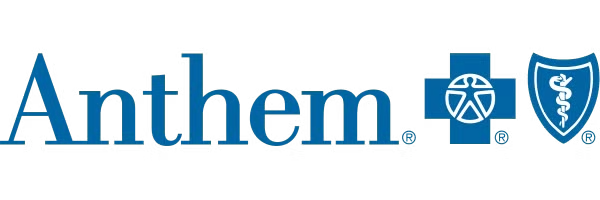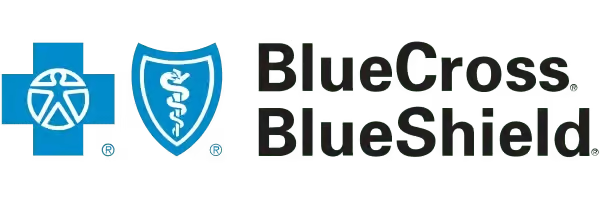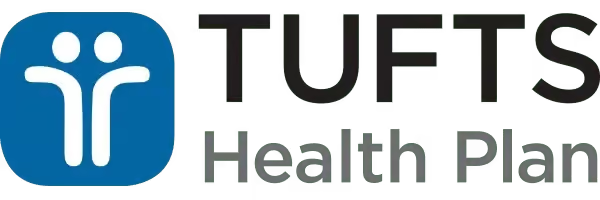Dual Diagnosis Treatment for Co-Occurring Disorders in NH
Live Free Recovery in New Hampshire provides integrated treatment for substance use and mental health conditions. Our dual diagnosis program combines medical care, therapy, and support, addressing both concerns simultaneously.
What Is Dual Diagnosis (Co-Occurring Disorders)?
Dual diagnosis means having a substance use disorder with a mental health condition. At Live Free Recovery, licensed clinicians, medical providers, and peer specialists work from a single, coordinated plan so every part of your treatment is aligned.
About half of individuals with a mental health disorder also face addiction. Likewise, roughly half of those with addiction experience a co-occurring mental health condition.
Common Pairings We See
- Bipolar disorder with stimulants
- PTSD with alcohol or sedatives
- ADHD with cannabis or amphetamines
- Schizophrenia with alcohol or stimulants
- Borderline personality disorder with opioids
- Depression or anxiety with alcohol or opioids
Choosing Live Free Recovery for Dual Diagnosis Treatment
Comprehensive Assessment
We review your history, symptoms, medications, and goals to build a tailored plan that fits your life.
Evidence-Based Therapies
Cognitive-behavioral therapy, dialectical behavior therapy, trauma-informed care, and relapse prevention.
Medication Management
Clinicians prescribe or adjust medications to support mood, sleep, cravings, and withdrawal safely.
Family and Peer Support
Group therapy and family sessions strengthen coping skills, rebuild trust, and grow your circle of care.
The Benefits of Dual Diagnosis Treatment
Higher success rate: Treating both conditions together supports recovery.
Improved mental health: Symptoms like anxiety and depression are reduced.
Better physical health: Lifestyle changes support overall wellness.
Lower relapse risk: Patients gain tools to manage triggers effectively.
Stronger coping skills: Healthy strategies and mindfulness build resilience.
Greater quality of life: Self-esteem, relationships, and daily life improve.

Levels of Care Available for Co-Occurring Disorders
We offer different programs for addiction treatment and co-occurring mental health concerns, so you can find the level of support that fits your needs. Each level of care includes individual therapy and evidence-based practices to support recovery.
Detox and Residential
24/7 support to stabilize safely, followed by structured days of therapy and skill-building.
Partial Hospitalization Program (PHP)
Daytime programming with medical and psychiatric oversight, while returning home at night.
Intensive Outpatient Program (IOP)
Flexible therapy sessions that work around your job, school, or family responsibilities.
Structured Sober Living
Community, accountability, and routine as you transition toward independent living.
Who We Help
We serve adults 18 and older with both mental health and substance use concerns. This includes individuals entering treatment for the first time, those returning after a relapse, and people stepping down from an inpatient or residential track.

Testimonials
Insurance and Costs
Most insurance plans include benefits for both mental health and substance use services. Our team can verify your coverage and explain options in minutes.





"*" indicates required fields
Getting Started in Keene and Manchester, NH
Live Free Recovery helps adults across New Hampshire choose the right level of care and navigate treatment, insurance, or admissions. Call us today for a confidential conversation, or request insurance verification online. Same-day assessments are often available.
FAQs
What’s the difference between “dual diagnosis” and “co-occurring disorders”?
They mean the same thing: having both a mental health condition and a substance use disorder at the same time.
Can I do treatment if I’m currently on medications?
Yes. Our team coordinates care and manages psychiatric and addiction medications safely.
Do I need detox first?
You may need detox if substances are in your system or withdrawal is likely. In that case, we begin with medical detox.
Is dual diagnosis treatment inpatient or outpatient?
It depends on your needs. We offer Detox/Residential, PHP, IOP, and Sober Living, allowing your care to be tailored to your needs.
Will you involve my family?
Yes. With your permission, family sessions can improve communication, set boundaries, and strengthen support.
What if I struggle with anxiety or PTSD triggers?
Therapy includes grounding skills, DBT techniques, and relapse-prevention strategies tailored to your triggers.
Do you treat ADHD or bipolar disorder with SUD?
Yes. We provide integrated care for ADHD and bipolar disorder alongside substance use treatment.
How long does treatment take?
Length varies by level of care and your goals; many start with 30 to 90 days and step down to outpatient. We’ll share a personalized timeline after your assessment.
What happens after I finish?
You’ll leave with a relapse-prevention plan, scheduled aftercare, follow-up appointments, and community resources across New Hampshire.
Is treatment confidential?
Yes. All care is confidential, and your privacy is protected by law and our policies.
Our Behavioral Health Resources

Meet the Team
Get to know our experienced staff members who bring both clinical expertise and personal insight to the recovery journey.

Press Coverage
See published content about our innovative approach to treatment and our impact in New Hampshire communities.

Blog Articles
Access helpful tips and expert-backed mental health information. Explore insights into different conditions and advice for ongoing recovery.

